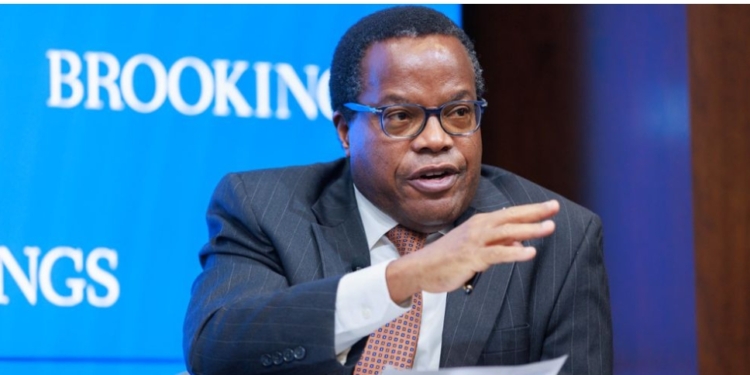- Inflation soared to 31.7 percent in February
Aloysius Uche Ordu, a member of the Central Bank of Nigeria’s Monetary Policy, warns that the number of Nigerians living in multidimensional poverty could double by 2050 if the economy continues to stagnate.
Speaking during the February MPC meeting, Ordu highlighted the current challenges faced by Nigerians, exacerbated by the reforms of the President Bola Tinubu-led government.
Inflation soared to 31.7 percent in February, with food inflation reaching 37.9 percent due to rising fuel and transportation costs, coupled with increased insecurity in food-producing areas.
According to the National Bureau of Statistics, 133 million Nigerians are already living in multidimensional poverty.
Ordu said, “To address the associated challenges would thus require a whole of government approach to map out and to execute a program of economic diversification and structural transformation.
“A robust revival of Nigeria’s economy is needed simply to prevent the number of poor people from increasing beyond the current 133 million multidimensionally poor in 2022 (National Bureau of Statistics).”
The Nigerian economy has witnessed slow growth. The annual GDP growth rate in 2022 stood at 3.10 per cent, from the 3.40 per cent reported in 2021.
In 2023, the economy recorded growth of 2.74 per cent, worse than the 2022 growth rate.
He opined that, “Based on the performance of comparable lower-middle-income countries, even an ambitious growth target of 6 to 7 percent throughout the next two and half decades would still leave millions of poor people by 2050, when Nigeria will rank as the third most populous country in the world.
“More troubling, if growth continues at around the current 3 percent a year, the number in absolute poverty would likely double by 2050.”








Discussion about this post